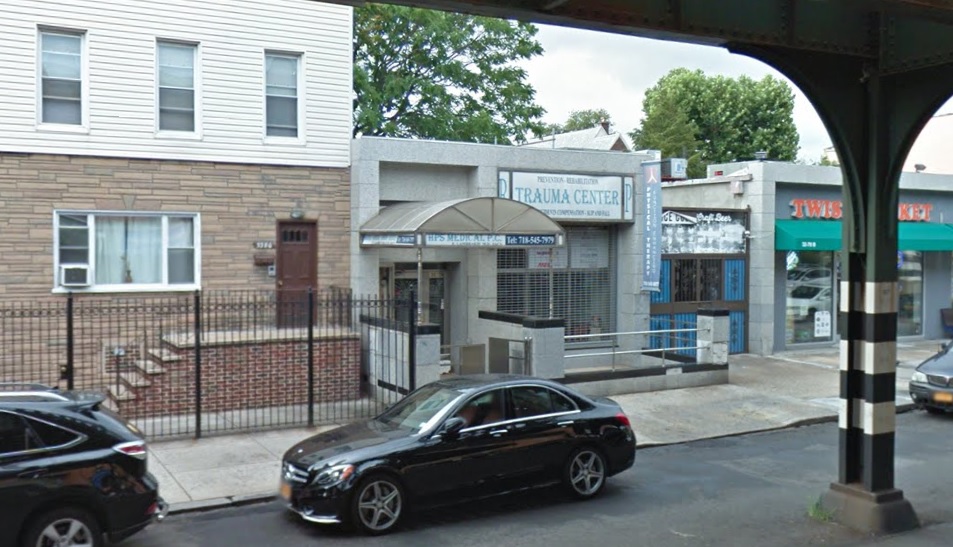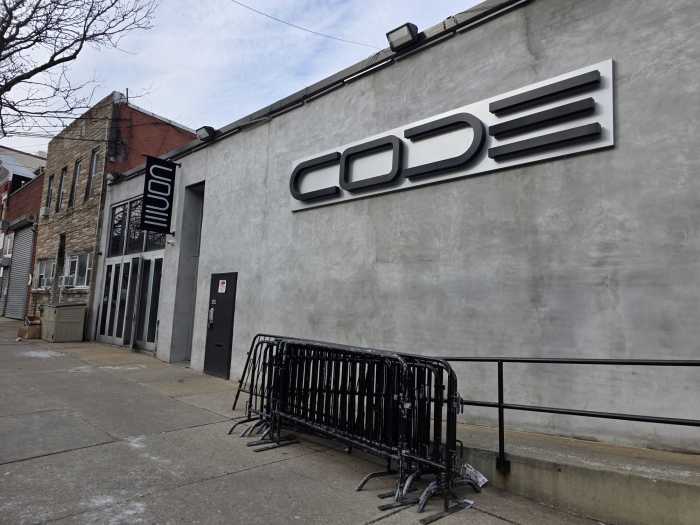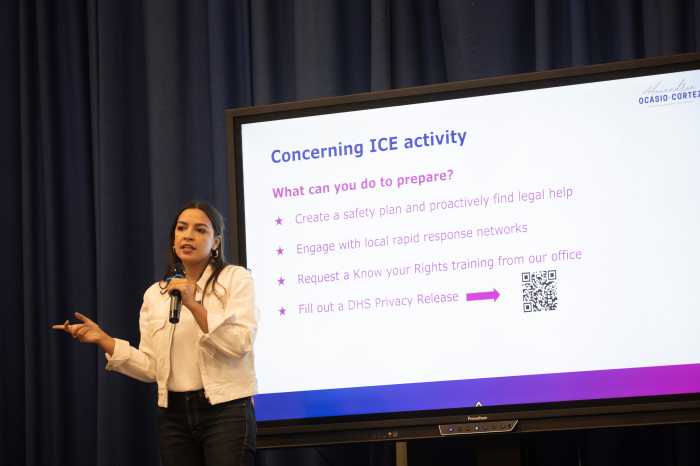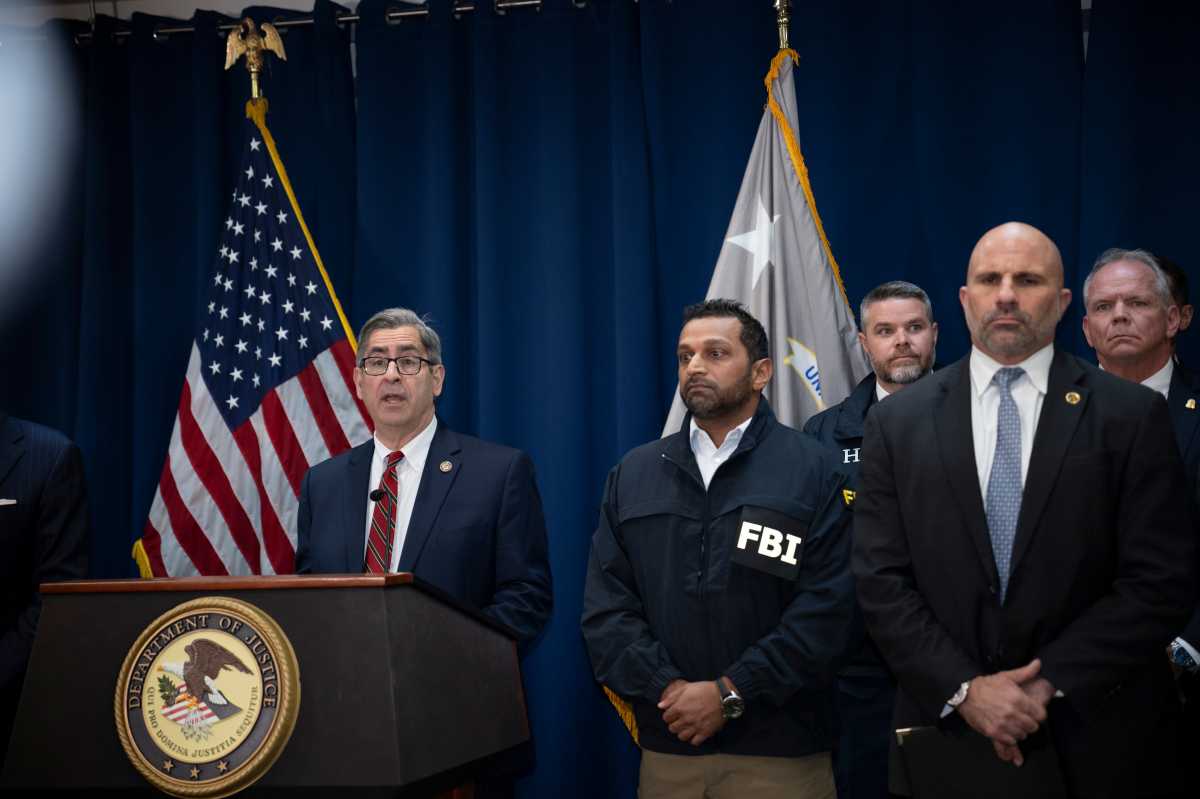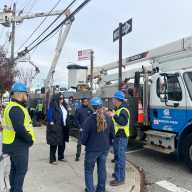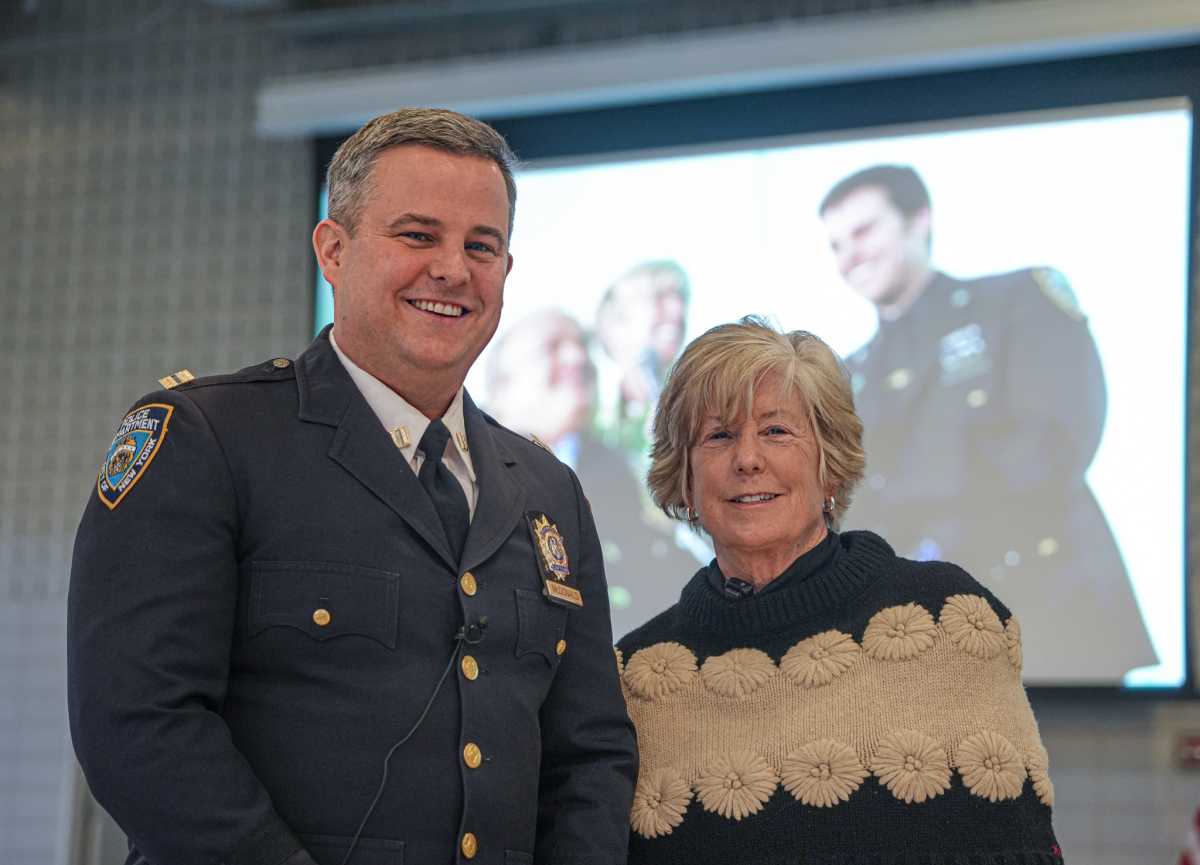A doctor who owns and operates medical clinics in Astoria and Jamaica was arrested for writing thousands of “medically unnecessary” prescriptions for oxycodone over a five-year period, according to federal prosecutors.
Emmanuel Lambrakis, 69, sold prescriptions from his clinics at 175-61 Hillside Ave. in Jamaica and 32-76 31st St. in Astoria starting in January 2011. He wrote approximately 17,000 oxycodone prescriptions at one of his clinics, resulting in the distribution of nearly 2.4 million oxycodone tablets, which have a street value of at least $48 million.
According to U.S. Attorney for the Southern District of New York Preet Bharara, Lambrakis wrote 30 or more prescriptions for 30-milligram oxycodone pills in a single day. The doctor charged $150 in cash for a “patient visit,” where he would normally see several patients in the same examination room.
Lambrakis would “perform simple, perfunctory body manipulations” like rotating arms and legs and would barely speak to the patients, the criminal complaint said. He would then give out prescriptions for 120 or more 30-milligram tablets.
“Although licensed as a doctor, as alleged, Emmanuel Lambrakis was a prolific and dangerous drug dealer,” Bharara said. “He allegedly pumped medically unnecessary oxycodone pills into our communities, feeding the addiction of countless people. This arrest is a critical part of our overall fight against the devastating opioid abuse epidemic.”
Lambrakis was charged with one count of conspiring to distribute and possess with intent to distribute oxycodone. If convicted, he faces a maximum sentence of 20 years in prison.
“Drug dealers selling scripts for money give doctors a bad name,” said Special Agent in Charge James C. Hunt. “The dismantling of a modern day opium den masquerading as a medical clinic in the heart of Queens shows the result of law enforcement collaboration. The investigation identified that Emmanuel Lambrakis allegedly diverted oxycodone pills to New York City streets enabling the one thing law enforcement, communities, and health professionals are trying to avoid – opioid addiction and overdose deaths.”

